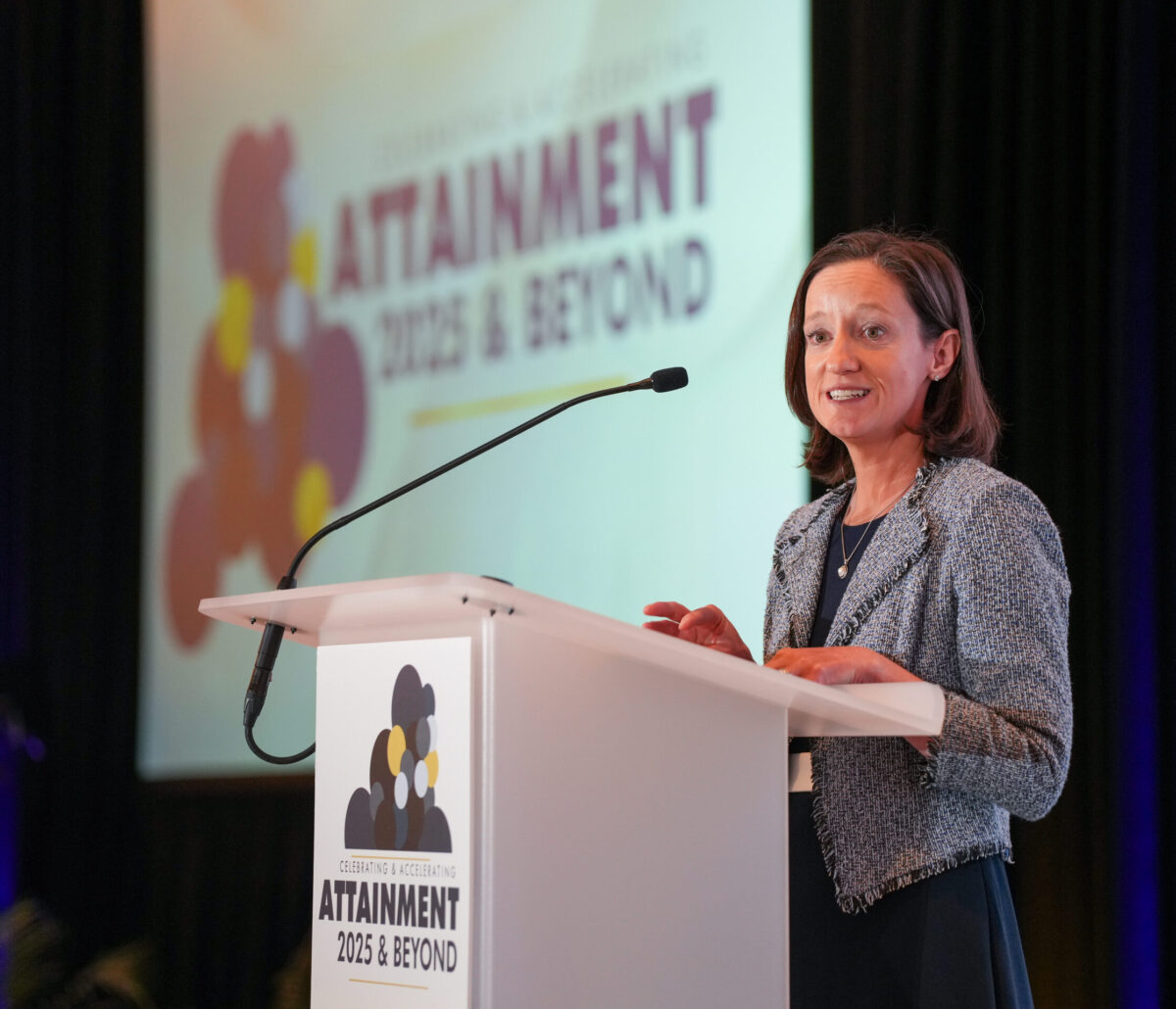The Institute for Higher Education Policy Announces Study of College Access in Underserved Michigan Communities
Published May 15, 2014
Washington, D.C., Oct. 25, 2006—Responding to the challenges outlined in the groundbreaking 2004 final report from Lt. Gov. John D. Cherry Jr.’s Commission on Higher Education and Economic Growth, the Institute for Higher Education Policy is undertaking an important study to explore access to higher education in underserved Michigan communities. The new study will focus on three geographically diverse areas of the state: suburban Macomb County, the Saginaw area, and six rural counties in the northeastern lower peninsula— Alpena, Presque Isle, Montmorency, Crawford, Oscoda, and Alcona.
Supported by the W.K. Kellogg Foundation, the study will analyze demographic and educational data, conduct interviews with community and education leaders, and compare the targeted areas to similar communities in other states. The final report also will propose policy alternatives for addressing the specific challenges of access to baccalaureate degrees and institutions in those communities. Among the questions to be explored in the study are:
- What do we know about the higher education gaps that exist in specific Michigan communities, especially those related to enrollment in higher education and eventual baccalaureate degree attainment?
- What is the type and quality of higher education available in these communities?
- What specific barriers exist in these communities that are preventing college enrollment and eventual baccalaureate degree attainment?
- To what extent is limited higher education access in these communities attributable to educational factors as compared to economic, social, or cultural factors?
- What role can local community leadership play in improving higher education opportunities in these communities, and what role can state leadership play?
The study is being led by President Jamie P. Merisotis and includes several of the Institute’s senior staff who have extensive experience in college access research and state higher education policy development. Regarded as one of the premier independent, non-partisan groups concerned with public policy development in higher education, the Institute’s recent work includes statewide studies of access in Arizona, Massachusetts, and Mississippi. These publications, along with other studies that address higher education access and success, are available on the Institute’s Web site at www.ihep.org.


